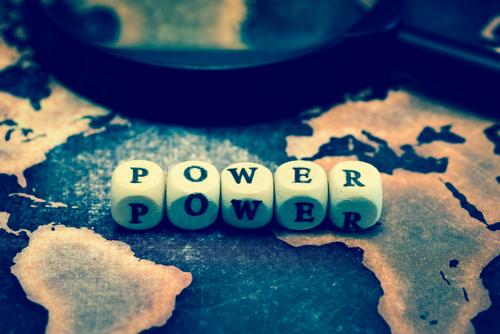The U.S. Food and Drug Administration has been grooming selected journalists to give favorable treatment to government findings, and even FDA ad campaigns, by inviting them to elite briefings that other journalists could not attend – or did not know even existed – as long as these special friends in journalism played by a strict set of FDA-friendly rules, as detailed in an exposé by Charles Seife in Scientific American, which confirmed what outsiders had long suspected.
One of those obey-to-play rules was that journalists were not allowed to seek comments from outside experts, unless they were specifically approved by the FDA. In other words, journalists were instructed to be stenographers rather than watchdogs. Skeptical or critical press coverage was not allowed.
According to the exposé, not only did the FDA withhold information from the larger community of science journalists, it also told half-truths to mislead other major media outlets. John Roberts, former medical correspondent for CBS Evening News, was not allowed into the inner circle. The reason? He currently works for Fox News. Others played to their favored status, like former Associated Press journalist Michael Felberbaum - “I have of course always advocated that you work more closely with reporters like myself who clearly understand..."
Where does he work now? He was hired as an FDA press officer.
If it wasn’t for Sabrina Tavernise of the New York Times, the only hand-selected reporter felt an ethical responsibility to disclose the FDA’s capricious embargo policy in her article, we might never have known how the federal government is treating journalists - the rest on the inside didn't speak up and those outside couldn't prove it. Naturally, Ms. Tavernise received a nasty warning from the FDA following her breach of protocol, a subtle reminder that failure to comply might result in exile.
This isn’t the first time the FDA has been suspected of engaging in politically and ethically dubious behavior involving matters of science policy. Again, according to the Times, FDA approval for a genetically modified salmon appeared to have been delayed for political reasons.
Similarly, the FDA’s strict policies on e-cigarettes now were seemingly motivated more by politics than by science. The FDA forbids labels that advertise that e-cigarettes are safer and less prone to causing disease than smoking, even though science has shown that is true. Instead of making it easier for addicted smokers to quit the lethal habit, the FDA was throwing up incomprehensible roadblocks, in effect handing a giant victory to cigarette manufacturers. Even non-profits were hindered. The American Council on Science and Health has spent the last 38 years warning the public on the dangers of smoking, but was not invited to any of the FDA’s special press events on e-cigarette policy, though we had testified extensively at the FDA and White House on the new regulations.
These spats with the FDA are not the only instances of the government bullying journalists and running roughshod over scientists. Unfortunately, an administration that promised unprecedented transparency and “to restore science to its rightful place” has provided numerous examples to the contrary.
In 2010, when Deepwater Horizon spilled 4.9 million barrels of oil into the Gulf of Mexico, the government kept the public in the dark. A report by Neela Banerjee in the Los Angeles Times concluded that the administration “withheld information from the public and, more specifically, scientists, about how much oil was getting into the water. To make matters worse, according to Politico, the White House later altered an official document on drilling safety produced by scientists working for the Department of the Interior so it matched its political beliefs.
The administration’s cavalier attitude toward science continued with the decades-long saga over Yucca Mountain. Scientists agree that a central repository for nuclear waste is safer and preferable to the status quo, in which waste is stored on site at plants around the country. Though not perfect, Yucca Mountain is secure. Physicist Richard Muller calculated that there is far more natural radiation in the drinking water supplied by the Colorado River than radiation in any theoretical leak from the Yucca facility.
Despite this, Yucca Mountain was closed down. Befuddled, even the Bulletin of the Atomic Scientists, purveyor of the infamous Doomsday Clock and famous anti-nuclear activists, reported that “science explicitly was not part of [the Department of] Energy's reasoning.”
In short, the government has continuously violated its own goal of honoring scientific integrity and picking and choosing winners among journalists is just one technique to do that. This also raises uncomfortable questions for the journalists who were part of this clandestine “in-group.”
Is it really ethical for journalists to accept information from a government source on the condition that it not be fact-checked or critiqued by outside experts? Why should the public trust a story that has not been subjected to rigorous journalistic scrutiny? How does such a cozy relationship between the government and the media affect the public’s perception of journalism? And in the case of NPR, whose reporters were invited to the buddy system FDA briefings, is this the sort of journalism for which taxpayers should be supporting?
Journalists and scientists fret that Americans are becoming increasingly distrustful of both groups. We ought not exacerbate the damage to our reputations with such unnecessary self-inflicted wounds.
This article first appeared in Priorities magazine, which is sent free of charge to all American Council on Science and Health donors.




